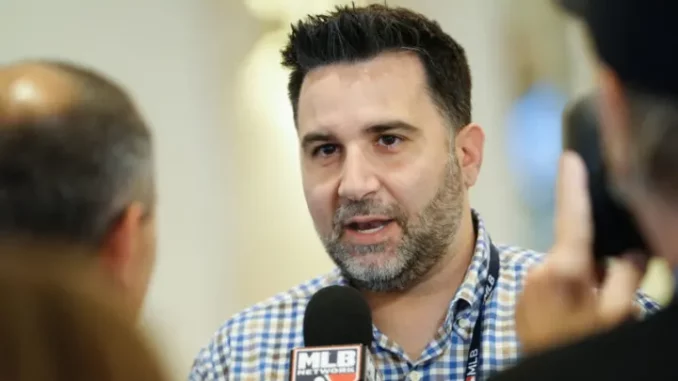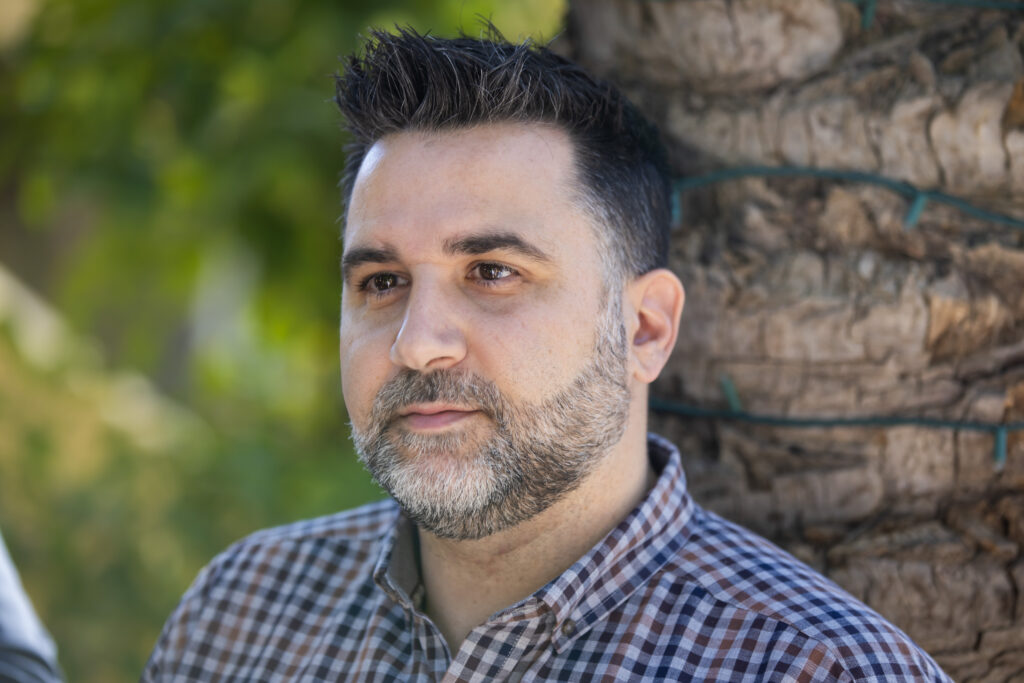
Atlanta Braves Make Major Roster Changes and Payroll Adjustments: Preparing for Big Free Agent Move?

Earlier this month, Braves chairman Terry McGuirk and president of baseball operations Alex Anthopoulos both said the club would increase payroll relative to 2023, but it’s unclear exactly how much it will go up.
Since that time, the club has added some salary by signing right-hander Reynaldo López and acquiring left-hander Aaron Bummer from the White Sox. However, they also scrubbed money off the ledger by subtracting a larger number of players. The Bummer deal sent arbitration-eligible players Michael Soroka and Nicky Lopez to the Sox, as well as three others. Kyle Wright and Nick Anderson, both arb-eligible as well, were flipped to the Royals in separate deals, while Yonny Chirinos, Michael Tonkin and Kolby Allard were non-tendered. When MLBTR released arbitration projections in early October, the club had a class of 13 players in their arb years. Subsequent transactions have reduced that to just three: Max Fried, A.J. Minter and Huascar Ynoa.
All clubs do some roster trimming at this time of year but the extent of it from Atlanta has been notable, leaving them with just 31 players on their 40-man roster. The moves cut about $16MM in projected salaries, though the club added some money back on. López got $30MM over three years but backloaded fashion, as he’ll make just $4MM next year, followed by $11MM salaries in the two following seasons and a $4MM buyout on a club option. Bummer is making $5.5MM next year and then has a $1.25MM buyout on a $7.25MM club option for 2025, with another option after that.
Is all this typical shuffling? Or is Anthopoulos clearing payroll space for a big move? The club has been connected to some high-profile free agents like Aaron Nola and Sonny Gray, so perhaps the money saved by sweeping out those arbitration salaries can be repurposed there. Nola has since re-signed with the Phillies but Gray is still out there, along with many other pitchers.
David O’Brien of The Athletic recently looked at the possibility of the club pursuing Gray and seemed to throw some cold water on it due to the competitive balance tax implications. The club was over the base threshold in 2023 and seems set to be a tax payor again in 2024, which comes with increasing penalties. Roster Resource currently has their 2024 payroll at $207MM but their CBT, which is based on the average annual value of contracts, is at $242MM. The base threshold is going to be $237MM next year, meaning the club is already over, before any theoretical deal for another starting pitcher. As a second-time payor, they will see their base tax rate go up from 20% to 30%, while every $20MM over the line comes with escalating surcharges.
RR has last year’s payroll at $205MM, so the 2024 figure seems to have technically increased already, even though this year’s CBT number is a bit of a drop from last year’s $246MM. If that is what the club had in mind when they planned on a payroll increase, that would likely disappoint fans who have dreamed of Shohei Ohtani, Yoshinobu Yamamoto or other big free agents. Perhaps Anthopoulos still has a big move up his sleeve but O’Brien’s reporting seems to cast doubt on the resources he has to work with. If he is working under constraints, the club could always shed some more salary in order to pursue a big name free agent, perhaps by trading someone like Marcell Ozuna or Raisel Iglesias. The former will make $18MM next year with a $1MM buyout on a 2025 club option while Iglesias will make $16MM in each of the next two seasons. Ozuna has plenty of off-field issues that might limit his market, but for clubs willing to overlook those, he is coming off a strong season on the field.
Perhaps O’Brien’s reading of the situation is incorrect and the club actually has plenty of powder dry, but the apparent tight funds would correspond with some recent comments from Wright. He spoke with Justin Toscano of The Atlanta Journal-Constitution this week, talking about the emotions he went through when he found out about the deal. He also relayed what Anthopoulos said to him when he called Wright to tell him that he had been traded.
“Pretty much that he had a number that he was given from up top, and that’s what he had to work with,” Wright said. “I definitely wasn’t the only one. There were a lot of guys that were moved on from. That was the main thing, at least from what he told me, was just trying to clear out as much cap space as possible to get that number. He’s gotta do a job, too, try to improve the team however he can. Unfortunately, I wasn’t a part of it. But it is what it is sometimes.”
It’s entirely possible that Anthopoulos was just being polite in using the financials to explain the deal. Wright is set to miss all of 2024 due to shoulder surgery and perhaps the club is leery about his chances of recovering from that procedure but he didn’t want to say that. Though it’s also possible that the planned payroll increase isn’t massive and still requires the club to do some penny pinching.
So, is the club clearing out space for a big splash at Gray or some other pitcher? Or will there be more marginal moves from here? The club raised some eyebrows this week when it announced that López would be stretched out to start, a curious plan as he’s been so much better since moving to the bullpen in recent years. Perhaps that is their rotation addition for this offseason and Gray isn’t coming to Atlanta. Toscano asked Wright if he thought the club was just trying to cut its CBT number down or clear payroll space for a big splash. “I hope (it’s) the second,” Wright said. “I think that’s what the Braves should be doing, is trying to go make some big additions. I hope it’s the latter. I don’t know exactly which one. Only Alex knows that. Obviously, we’ll find that out more as the offseason goes along.”
Leave a Reply